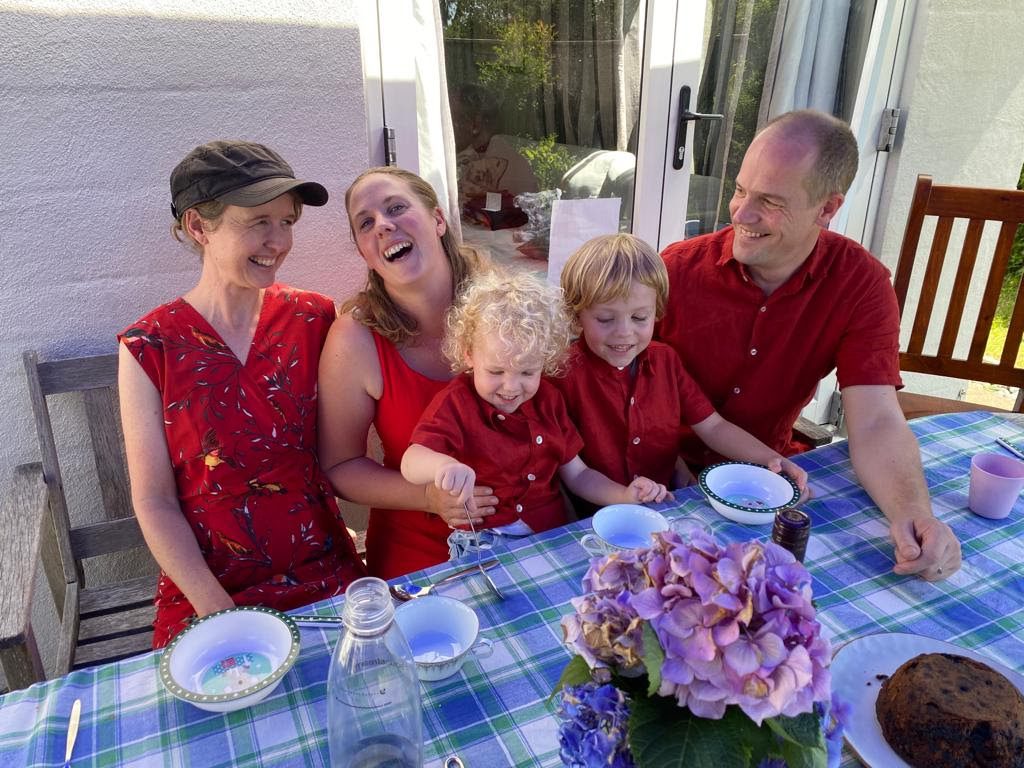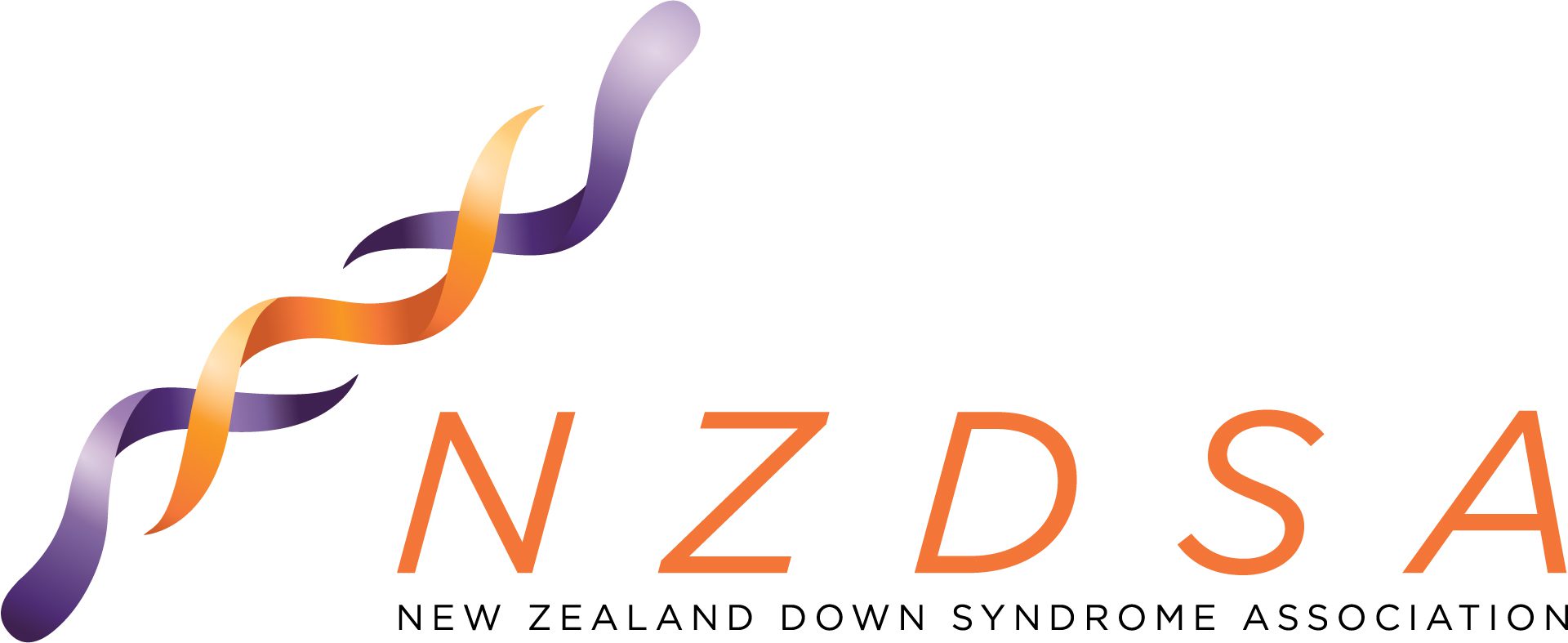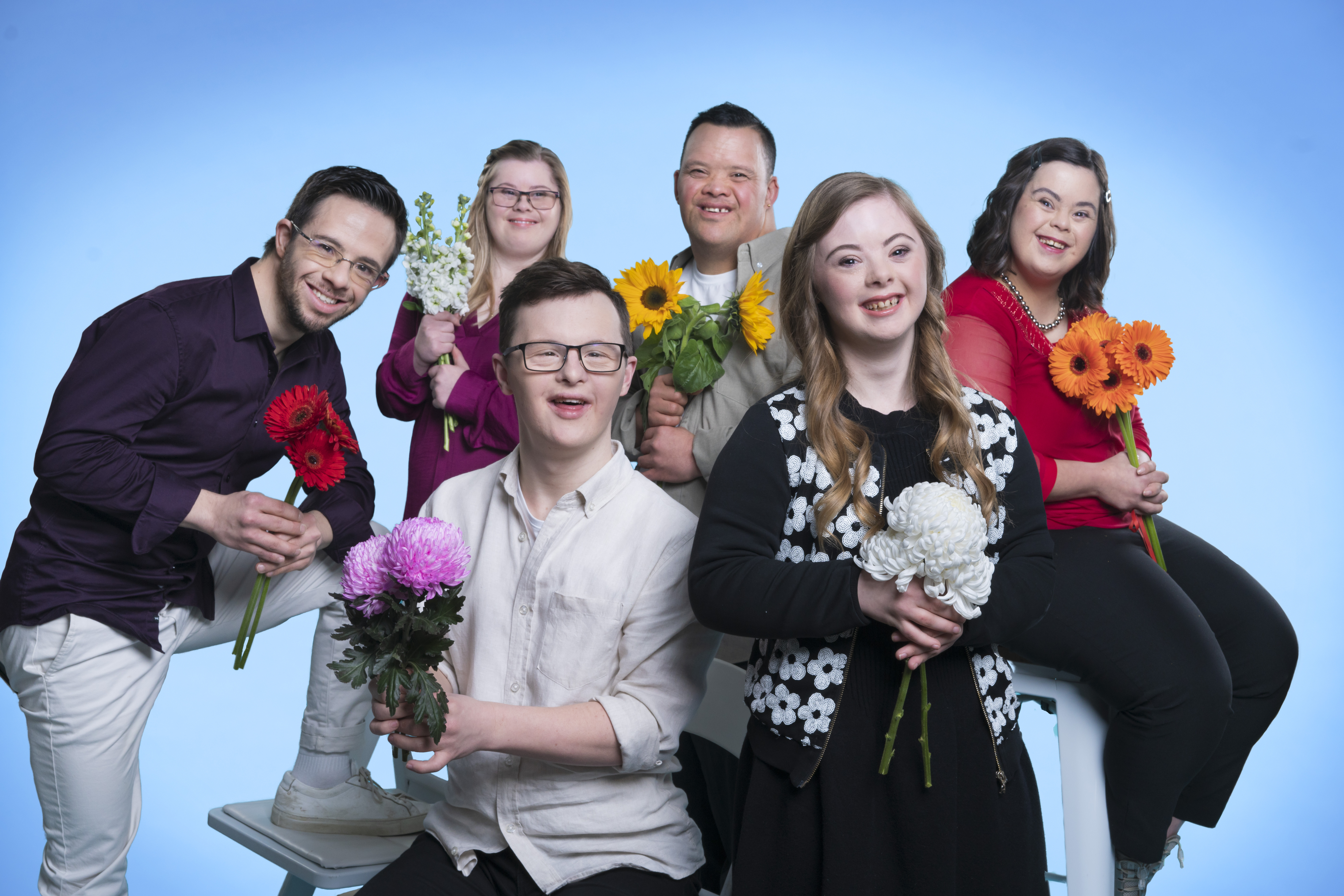As the Down syndrome community prepares for the exciting premiere of Down for Love, a show all about people living with Down syndrome who are on a quest for romance, I sat down with the Series Producer – and my sister – Robyn Paterson.
First of all – what is Down for Love?
It’s a TV series that will follow six people living with Down syndrome on their quest for romance. At its heart it’s about diversity, and love. People with Down syndrome need to be treated and respected equally. Our search for love is universal – no matter who we are.
What is your role in the production?
I am the Series Producer which means I oversee the series. I’ve brought a team on board who have been doing an excellent job, and then I supervise it creatively and otherwise. I’m working alongside Dan Buckingham who is the Executive Producer (and also the CEO of Attitude).
How did you get involved in Attitude yourself?
I’d just moved from Wellington to Auckland having finished work on my feature documentary, Finding Mercy, and was looking to do some directing work up here. I did about a year freelancing for Attitude then worked on some other projects, but always maintained a connection with Attitude. When COVID-19 struck at the start of 2020 I was in the middle of directing an episode. There was a sudden shift for the whole industry – we had to work out how we could carry on delivering episodes and relevant content under those circumstances. I took on some of that task for Attitude and ended up as Series Producer. When the idea for Down for Love came along, it made sense to take that on too.
What do you like about working for Attitude?
I like the kaupapa of Attitude as a disability-led organisation, and an organisation that puts disability first; putting people in the lead of their own stories as participants rather than telling stories about people living with a disability. When I work in any capacity, I always like what I do to feel like it has meaning and purpose and a positive impact in some way, shape or form. And that can vary – it doesn’t mean I don’t work in forms that are pure entertainment – but it is important to me that what I do has integrity. There’s a purpose in putting it out there into the world. Attitude is a really nice space to work in in that regard because it’s documentary in style, we do full half-hours so there’s time to do good story-telling, and it has value in the community.
Where did the idea for Down for Love come from?
It was really organic. Robyn Scott-Vincent who runs the company had an idea to do something in the realm of dating, and then the concept developed over time as a collaboration of the creatives involved. We were interested in that universal experience of love and how much everyone needs and desires connection – whether that’s romantic love or close friendship or whatever that may turn out to be. There’s a misconception that those living with an intellectual disability don’t have the same needs or wants or desires, which of course isn’t true. We were looking at doing something that was fun and uplifting, but also educates an audience along the way.
Has COVID-19 been a factor in much of the production?
When the concept was developed, we were focused on Down syndrome specifically because of 2021 coming up and were investigating all kinds of ways we could do content relating to Down syndrome. We also did the ‘T21’ digital series, and we incorporated a considerable amount of Down syndrome content into our 2021 series. Down for Love was the biggest thing we had planned, and it was originally scheduled to air in 2021, but due to COVID-19 that has been pushed back into 2022.
In terms of filming, we were actually really lucky as the vast majority of our filming was done when there was no COVID of any type in the community in New Zealand. We as a country have been incredibly lucky and also had great leadership in that regard and so we’ve been able to live relatively COVID-free for two years while the rest of the world was facing it. We get asked this question a lot by international groups as this was launched at MIPCOM which is the major international market for television. It’s only our final two episodes that have been filmed during a different phase, post-Omicron, and so we’ve had to look at those really differently.
We film under Screen Safe Red Protocol guidelines, our crew have firm guidelines, and our final dates after the lockdown hiatus have been filmed under strict protocols.
Where did the name Down for Love come from?
We wanted to reference Down syndrome and also describe what the show was in a fun but respectful way. We didn’t want to go with a sensational title like you sometimes see. Attitude is a disability-led organisation and getting language right is really important to us. The title felt appropriate and fun, – many of our participants have described themselves as being “down for love”.
What’s been the most challenging part of the production so far?
The first episode of any brand new series is always enormously challenging because there’s no template for it. You might have references you’re inspired by, but you’re carving new territory. The team goes out and films and gets certain things, but it’s always in the edit suite of the first episode of a new series that the real work happens. That can be a really challenging process for everyone involved: series producer, director, and editor. There are a lot of things to get right with this one that were really important to us to get right. There’s the balance of being a TV show that has to work for a mainstream television audience, but it was important to us that it also worked for the community, that it maintained its integrity, that it maintained Attitude’s kaupapa of being disability-led and people in control of their own narrative, and that it had an educational purpose at the same time as being a good show to watch. I would say apart from Omicron that is definitely the most challenging part – the edit of the first episode. We’re incredibly pleased with the result though and how it’s come together. We’re really proud of the show.
How have the community been involved in the process?
NZDSA has been directly involved; they’ve watched episodes and given us feedback and been more actively involved in the consultation process, including helping to find keen participants. Zandra has been amazing, we’ve really valued her input and the consultation with her has been really valuable. We had several good conversations ahead of filming and she was great at talking through things we should be mindful of.
Then there are the many organisations we’ve reached out to far and wide – such as UpsideDowns who’ve been really helpful. Any organisation that’s related to Down syndrome and intellectual disability that we can think of including, private residential organisations, activity-based services, workplaces that employ people with disabilities… We’ve also engaged with the community on social media, which is where the regional DSAs have supported us too with posts and casting calls.
We worked with a lot of Duty-of-Care protocols, as we didn’t want anyone to feel under any undue pressure. Being on camera can be intense and we wanted to make sure people felt comfortable and were able to have these experiences and enjoy them for what they were. So in terms of our timing and how we worked, we always had that in mind. We made counselling available to participants if they should want it either during or after filming. No one’s taken it up yet but it has been made clear that it is on offer. We always make sure that where possible somebody else is with the director so they can be keeping an eye on people’s wellbeing throughout, and we’ve always made sure participants have the choice to travel with a companion: a parent or sibling or friend. So Duty-of-Care has always been a big consideration throughout.
How do you match the dates? What are you looking for?
This comes down to our wonderful researchers. We’ve had Justin Scott for the first part of the series who also works as a director for the main Attitude series and who directed the T21 digital series. It turns out Justin has excellent match-making instincts which we feel he should capitalise on somehow! For the second part of the series we’ve had Daniella Baldock who’s a fantastic researcher as well, originally from the UK. Both of them have done an amazing job. And then in the later stages I’m involved in that process as well. We pre-interview people on zoom so we’re able to look at those interviews and make decisions from there, and have a chat about who might match well with who. What we’re keen to know is what they’re looking for in a partner, what level of seriousness they’re wanting in a relationship, and what their interests are. Like you would with any matching, that’s what we’re looking for. Also, one of the things I really wanted to look at in this series is what people are doing already in their efforts to connect and find people, and to work with them along those lines as well. So it’s providing a little bit of help more than artificially creating a connection.
We’ve been working New Zealand-wide. We’ve tried to find matches close to home when we can, but it’s not always possible, and sometimes that’s actually led to some really great experiences. For those outside of main centres, it can be harder to meet a wider circle of people.
Not everyone in the show necessarily has Down syndrome is that right?
No. All of our main participants are living with Down syndrome, that’s key as it’s a show that’s based in the world of Down syndrome, but it’s open in terms of people that they date. All of them are living with an intellectual disability but not necessarily Down syndrome. So we have a whole spectrum in there amongst our dates from Global Developmental Delay to Williams’ syndrome and others.
Have there been some successful matches?
There have been more successful matches than we could have imagined! I would say our researcher may have a new career as a matchmaker. Yes, we’ve had a lot of successful matches and a lot of great connections between people even if they haven’t gone on to be a long-term romantic match. That’s all I’ll say!
What do you think the wider public will enjoy the most about watching it?
I think they will enjoy getting to know the people involved. One of the things that was really important to us in doing this show was to show the diversity within Down syndrome. There’s that misconception within disability that people get lumped into categories. You have references to people living with Down syndrome as though that’s just one thing. But of course there’s a huge diversity within Down syndrome just as there is anywhere, and one of the things we wanted to show was different personalities – and that really comes through. There are some amazing people living extraordinary lives and I think that’s the thing we’ve taken the most pleasure in, is really bringing that to the screen and it’s wonderful to watch.
What do you hope comes across to those watching it?
I really hope that people come away with a better understanding of Down syndrome and that they may be more aware of people in their communities living with Down syndrome and other intellectual disabilities – that they may be more cognisant of their rights and needs.
That there are certain things in life that are universal, and we are more similar than we are different.
What will Chat21 readers enjoy about it?
I hope that people within the community will enjoy seeing themselves on screen in a positive way, and will enjoy relating to the people that they do see, and that it might inspire them to follow their own love journeys.
Will there be more than one season?
We very much hope so! We can’t confirm that yet but we’d love to think so
Finally, why do you think we’ve both ended up working with the Down syndrome community?
I really don’t know, but I would say it’s a wonderful coincidence!

Image: Robyn Paterson with little sister Sarah Paterson-Hamlin, little brother Keith Paterson, and her nephews, Ezra and Lonan
Down for Love premiered on the 9 May 2022 at 8:30pm on TV2 and will be available to watch on TVNZ on demand.

